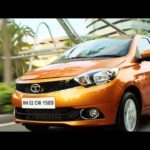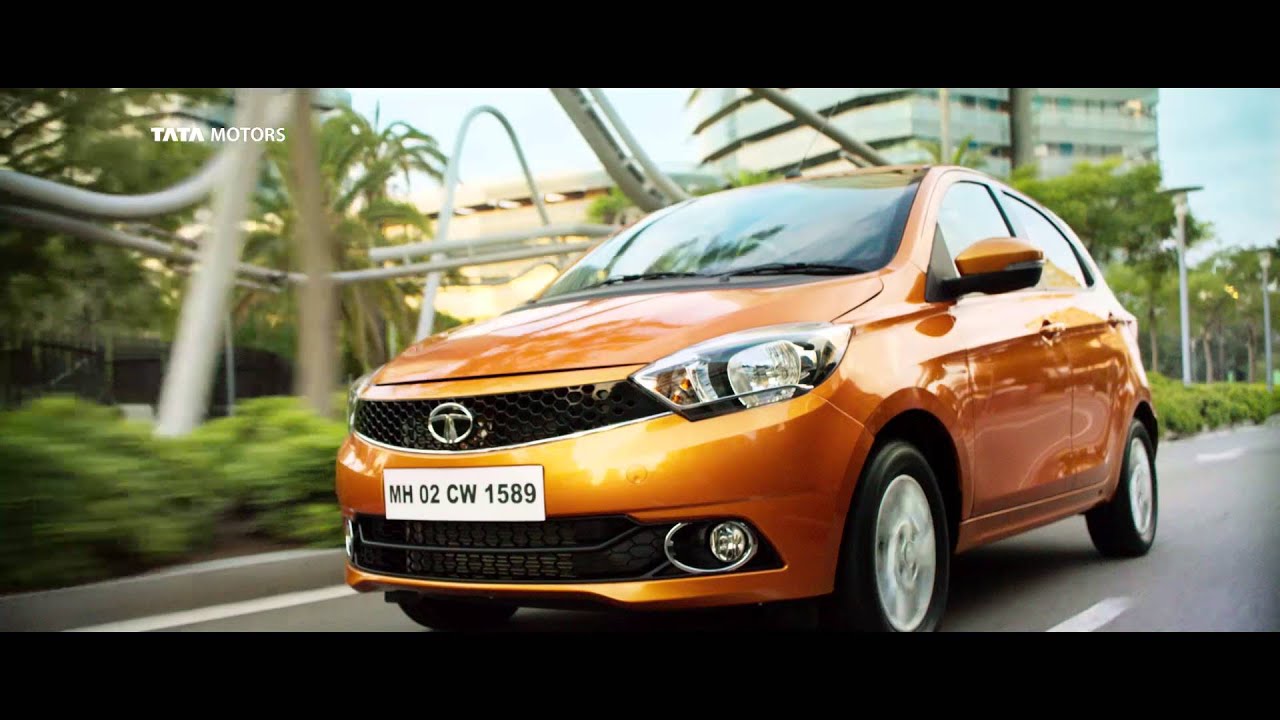A perfect Guide Before you buy your first car in 2025
- Arjun Raghav
- January 29, 2025
- car
- 0 Comments
A car is now shifting from a want to a need, in India, people were not very fond of cars they considered cars an upper-class means of transportation but with the passage of time cars are becoming an everyday need because of the purpose they are surveying you firstly have to worry about rain, heat, cold or hot weather cause a car have the necessary items to protect you from all of this now as the times change people started moving to luxury rather than basic as we live in a society where your car can play an imaginary role for society to judge your wealth but this guide will clear all your doubts related toward buying which there is a number of things which will be discussed deeply in this blog to prevent you all from buying a car you want to end up buying a car you need.
Safety Before Society
It is observed people tend to be influenced by their image in society and their actions are reflected in their purchases before buying any car for yourself or for your family the first concern should be safety is your car safe not in terms of anti-theft or GPS tracking but can it bear the accident and can keep you safe as well there are number of checklists to check is your car safe
- NCAP Rating – what is NCAP rating first understand that it is called the New Car Assessment Program is a government-initiated program where a vehicle goes through a number of tests like a crash test, performance test, durability, stability, etc hence after all the team of expert evaluate the vehicle and provide a rating to that specific vehicle resulting in an overview of car safety.
- A number of safety features – apart from airbags and durability there are a number of safety features that a car can provide such as Electronic stability control (ESC, Traction control systems, Autonomous emergency braking Blind spot monitoring Advanced Driver Assistance Systems (ADAS) Anti-lock Braking System (ABS), Electronic Stability Control (ESC) , Forward Collision Warning (FCW) etc
Budget Pre and Post
If your vehicle performs well in terms of safety, the next step is to pick a model that matches your budget while being elegant, sturdy, and comfortable. However, do not overlook the continuous costs of upkeep. Many people believe it is a one-time purchase, but automobiles require ongoing maintenance, such as service, oil changes, and repairs, just as individuals require healthcare.
Approximately 37% of automobile owners sell their vehicles because they cannot afford the maintenance fees. To minimize surprises, it is critical to calculate annual costs. For example, if your automobile costs ₹10 lakh, you may expect:
| Cost Type | Cost Range INR |
| Service Costs (Sedans & Hatchbacks) | ₹4,000 – ₹8,000 per service |
| Service Costs (SUVs) | ₹8,000 – ₹12,000 per service |
| Oil & Coolant Changes | ₹1,000 – ₹2,000 per change (4-5 times/year) |
| Additional Costs | Toll taxes, tire replacements, etc. |
| Annual Maintenance (Sedans & Hatchbacks) | ₹20,000 – ₹30,000 per year |
| Annual Maintenance (SUVs) | ₹30,000 – ₹40,000 per year |
Engine – When purchasing an automobile, most consumers concentrate on comfort and luxury, neglecting the engine’s important function. However, a strong engine is required, especially if you regularly travel in difficult terrains such as steep highways or bumpy city streets. A strong engine provides smooth performance, reduces driver fatigue, and maximizes fuel efficiency. For example, the TUV 300 T10 is an excellent example of a vehicle with a strong engine that can withstand harsh circumstances. If you’re wondering which engine is appropriate for your needs, visit our table for help. And if you’re torn between diesel and gasoline, we can help you make an informed selection.
Diesel vs. Petrol: Which Engine is Right for You?
The choice between diesel and petrol engines hinges on your specific needs. Diesel engines offer superior fuel efficiency and immense torque, making them ideal for heavy-duty vehicles and long-distance driving. However, they can be noisier and produce more harmful emissions. Petrol engines, on the other hand, are generally quieter, smoother, and offer better performance, especially in terms of acceleration and top speed. While they may not be as fuel-efficient as diesel, recent advancements have significantly improved their efficiency. Ultimately, the best choice depends on your driving habits, vehicle type, and priorities.
Service (from the company)
Now that you’ve purchased the car and are driving it smoothly, what about the service? Typically, your first 3–5 services are free, depending on the car and the company you bought it from. However, there might be a waiting period, along with additional charges. These extra charges, often not mentioned clearly in the terms and conditions at the time of purchase, can lead to frustration.
To avoid surprises, ensure you carefully review the terms and conditions beforehand. Some companies take over a week to handle basic tasks, like changing a tire, while others return your car within 24 hours after service. Make sure to confirm the expected service time with the company in advance.
Additionally, consider doing some personal research. Speak to other buyers in your circle who own the same car or purchased from the same company. Their experience can provide valuable insights.
Insurance (Damage)
Now comes one of the most crucial aspects that many people overlook after purchasing a car—insurance. Maintaining a car can sometimes be a hassle, and a minor or major accident can worsen the situation, especially if the insurance company refuses to cover your damages.
To avoid this, carefully read every single line of the insurance policy. Many cases have been reported where insurance companies deny claims, leaving customers frustrated. Make sure your insurance provider doesn’t do the same. The frustration and anger of paying your premium on time every year, only to have your claim denied, is avoidable if you understand the terms under which your car is insured. Once you sign the paperwork, there’s no turning back.
While many companies offer insurance at the car showroom, don’t rush into it. Take the time to research the market and find the best insurance for your car. For more insights, check out: “Before You Buy Car Insurance in 2025.”



